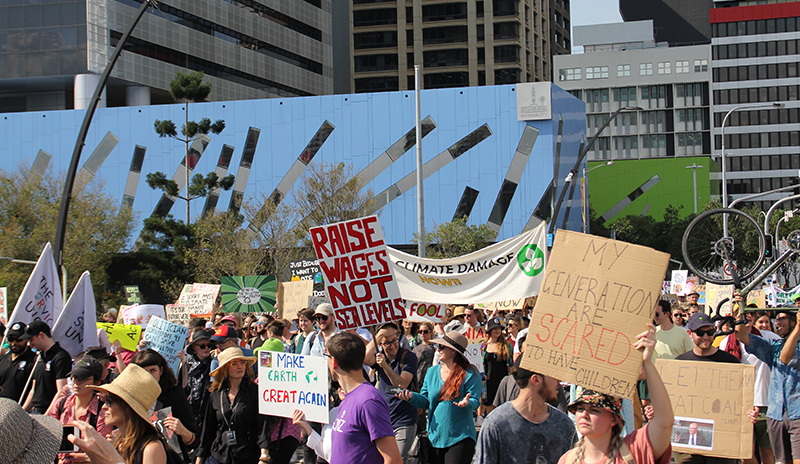
- Instructor of record: Carol Hager
- Instructor of record: Dawn Lord
- Instructor of record: Zoe Shinefield

Bringing the traditional focus of the humanities–questions of meaning, value, ethics, justice and the politics of knowledge production–into environmental domains calls for a radical reworking of a great deal of what we think we know about ourselves and our fields of inquiry. Inhabiting the difficult space of simultaneous critique and action, this course will re-imagine the proper questions and approaches of the humanities, asking how our accumulated knowledge and practice might be refashioned to meet current environmental challenges, to productively rethink ‘the human’ in more than human terms. In order to resituate the human within the environment, and to resituate nonhumans within cultural and ethical domains, we will draw on a range of texts and films, and engage in a range of critical and creative practices of our own. Pre-requisite: ENVS 101. Critical Interpretation (CI); Cross-Cultural Analysis (CC).
- Instructor of record: Anastasia Baginski

- Instructor of record: Don Barber

Gender violence has played a central role in the production of spatial boundaries between nations and between what is considered public and private space. In this class we will read landscapes as archives of violence in the U.S./Mexico Borderlands, and think about how gendered understandings of nature, receptivity, labor, and space shape our perception of the home, the desert, the fence or wall, and the Rio Grande river. Students will gain familiarity with the tools of archival research as we investigate records associated with lynchings in the Southwest in the late 19th and early 20th century, and with femicide in Northern Mexico in the late 20th century as well as histories of mining and environmental pollution in these places. The artists, filmmakers and poets whose work we will watch and read have re-interpreted landscapes of the desert and of border cities in light of these histories. This course will offer familiarity with interdisciplinary methodologies and research practices used by scholars in the field of Environmental Humanities.
- Instructor of record: Anastasia Baginski

When describing environmental degradation, scholars frequently position the human as a geological or atmospheric force. This way of thinking often takes for granted a particular definition of the human and a particular understanding of human history. This class will ask what we think we know about the human, and where these ideas come from. We will consider how the relationship between philosophy, natural science, and environmental justice developed and ask how and where scientific and humanistic practices of problem-solving get stuck when it comes to questions of anti-blackness and environmental racism. We will read N.K. Jemisin’s climate fiction novel, The Fifth Season, and scholar Zakiyyah Iman Jackson’s recent book Becoming Human: Matter and Meaning in an Antiblack World. In a seminar style environment involving close readings, discussions, and guest lectures we will consider how these authors question some of the assumptions common to environmentalist and Environmental Humanities discourses.
- Instructor of record: Anastasia Baginski
- Instructor of record: Carol Hager
